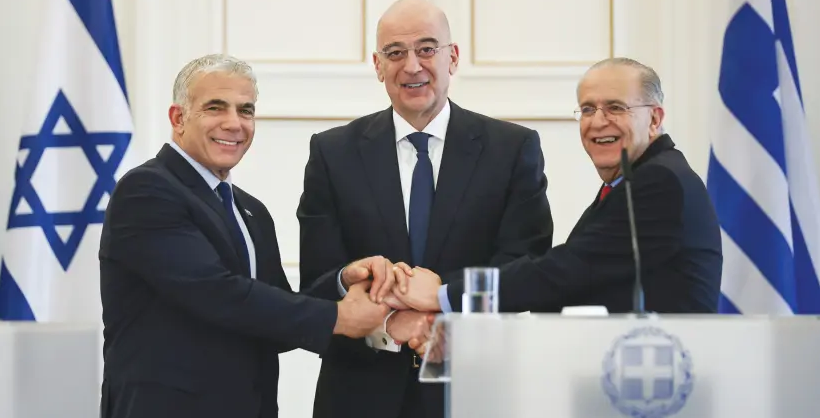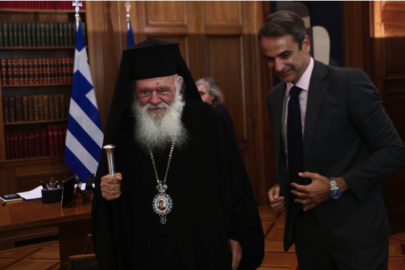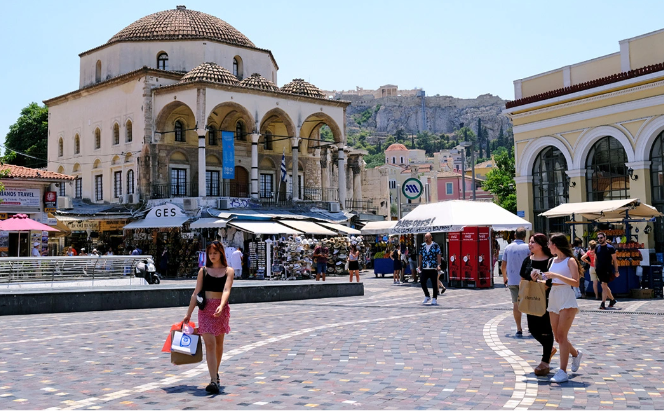In recent years, Cyprus, Greece, and Israel have significantly intensified their political, energy and military relations. The political leadership of the countries meets regularly. They coordinate their energy policies, particularly on the gas fields in the Eastern Mediterranean. In addition, they founded the East Mediterranean Gas Forum (EMGF), including Egypt, Italy, Jordan and the Palestinian Authority (PA). This became a regional cooperation platform for developing the natural gas fields in the Mediterranean.
Moreover, the three states conduct various military exercises honing their capabilities. Additional interactions in other areas cement this alignment, which is of political and strategic consequence. For example, it contributed to Turkey’s policy change toward the Abraham Accords and Israel.
A more coherent common foreign policy agenda is needed to enhance the strategic significance of the Athens-Jerusalem-Nicosia partnership. The first item on the agenda is better coordination in Washington to sensitize the United States to regional realities, as it does not seem to have a coherent policy toward this region.
How old are you really? Meet your “biological age”
Washington is obsessed with human rights in its approach to Egypt, the most important Arab state. In Libya, it tilts toward Islamist elements. The apex of strategic shortsightedness was the cancelation of its support for the EastMed pipeline (for supposed environmental reasons) that was planned to bring energy to Europe a few weeks before the Ukraine war, precipitating an energy crisis.
This administration needs better focus when approaching the region. As the US pivots its attention to China for understandable reasons, the Eastern Mediterranean region will get even less American attention. However, the rising energy prices might slow the American departure from the larger Middle East.
Read more: jpost






































